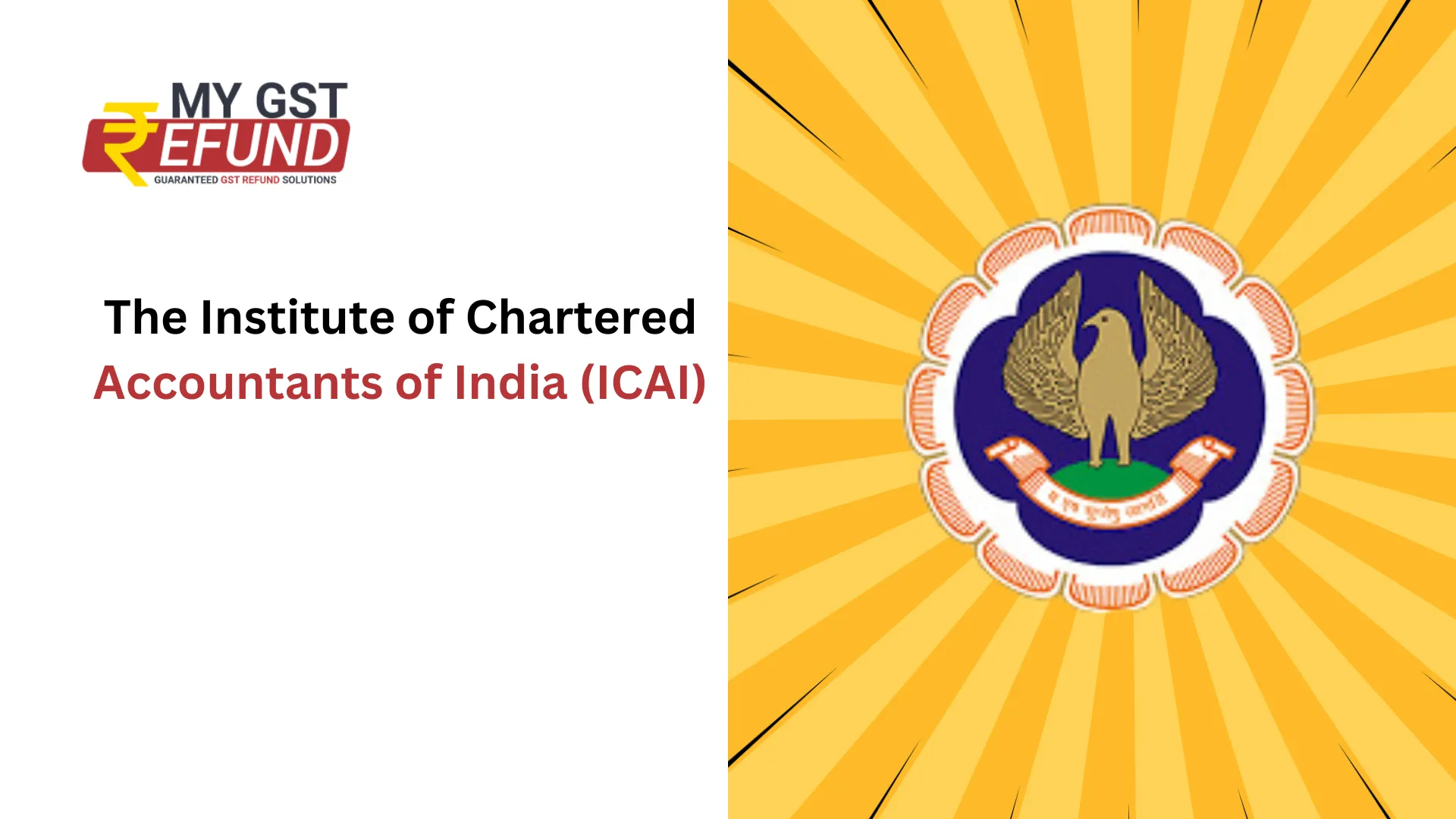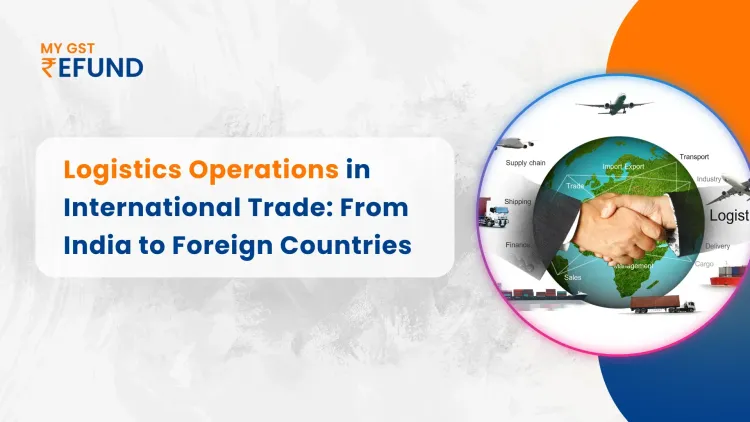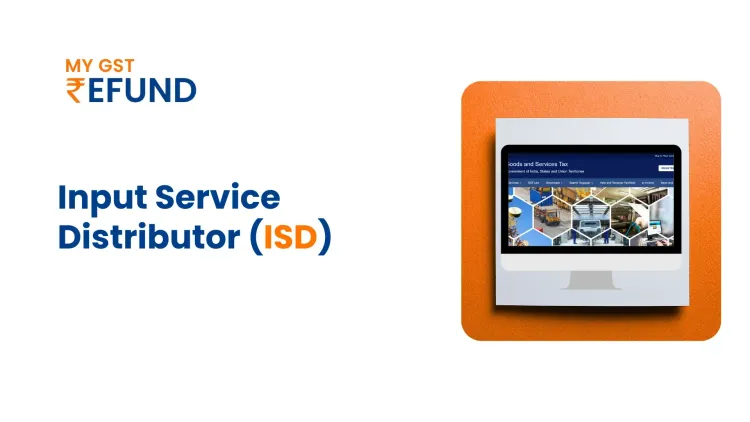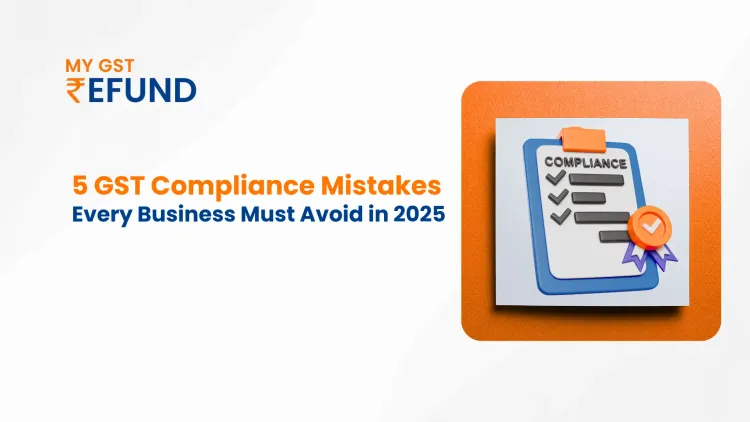The Institute of Chartered Accountants of India (ICAI)
The Institute of Chartered Accountants of India (ICAI) is a special organization created by the Chartered Accountants Act, 1949 (Act No. XXXVIII of 1949). Its main job is to regulate and oversee the Chartered Accountancy Profession in India. It started its work on July 1, 1949, and now this day is celebrated as Chartered Accountant’s Day in India.
ICAI is very important because it's the only organization in India that licences and regulates Chartered Accountants. It's also the second biggest Accounting Body in the world, just after the American Institute of Certified Public Accountants. People who are part of this organization are known as Chartered Accountants and in India, only a Chartered Accountant can be appointed as a Statutory Auditor under the Companies Act, 1956.
Motto of ICAI
The ICAI's motto is "Ya Aeshu Suptaeshu Jagruti." This quote comes from the Upanishads and it means "a person who is awake in those that sleep."
For its emblem, ICAI uses Garuda, a mythical eagle, placed at the center.
Chartered Accountant’s Logo
In 2007, as part of a brand-building initiative, ICAI introduced a separate logo for its members. This new CA logo is available for all members of ICAI to use, but there are certain conditions that need to be met.
Membership of ICAI
To become a member of the Institute, individuals must pass three levels of examinations, complete three years of mandatory internship training (known as Articleship), and fulfill other requirements set out in the Act and Regulations. Once they become members, they are known as Chartered Accountants (CAs) and can use the title CA before their names.
There are two categories of members within the Institute: Associate Chartered Accountants (A.C.A.) and Fellow Chartered Accountants (F.C.A.). Associate Chartered Accountants are those with less than five years of experience, while Fellow Chartered Accountants are those with more than five years of experience.
Management of ICAI
The management of ICAI is in the hands of its members, who elect their Council through voting.
Every three years, the members elect a new All India Council through voting. This Council consists of 32 members, and from among them, a President is chosen annually. Typically, the new President assumes office around February.
There's a tradition in ICAI where the Vice President is often promoted to President in the following term. While it's not a legal obligation, this happens because Vice Presidents gain valuable experience in their roles, making them suitable candidates for the presidency.
Features of ICAI
ICAI is the second-largest professional body of chartered accountants globally, trailing only the American Institute of Certified Public Accountants (AICPA).
It holds exclusive authority for licensing chartered accountants in India and possesses the ability to take action against its members for misconduct or wrongdoing.
ICAI administers the Chartered Accountancy (CA) course, renowned as one of India's most rigorous professional programs. The course spans three levels: Foundation, Intermediate, and Final, and mandates a minimum of four years of hands-on training under a qualified CA.
Furthermore, ICAI maintains a robust research and development division, responsible for releasing various publications, journals, newsletters, and reports covering diverse areas such as accounting, taxation, finance, and business.
Significant Role in the Economic Development of India
The Institute of Chartered Accountants of India (ICAI) ensures that financial reporting and auditing in India maintains high standards of professionalism, ethics, and integrity among its members and students. It provides expert advice and guidance to government, regulators, industry, and academia on accounting, taxation, finance, and business matters.
ICAI also helps align Indian accounting standards with international ones to make Indian businesses and professionals more competitive globally. It promotes growth in various sectors by offering specialized services, training, and certification in areas like banking, insurance, capital markets, information technology, and management.
Furthermore, ICAI fosters international cooperation among accounting bodies and professionals by participating in forums like IFAC, CAPA, and SAFA.
Challenges For ICAI
The Institute of Chartered Accountants of India (ICAI) faces the challenge of keeping up with rapid changes in technology, regulations, globalization, and competition that impact the accounting profession and its stakeholders. It must balance the diverse expectations and demands of its stakeholders, including members, students, government, regulators, industry, academia, and society.ICAI must improve its ability to offer quality education, training, and services to its members and students in a cost-effective manner. It needs to attract and retain skilled professionals in the accounting field by providing ample opportunities for learning, advancement, and recognition. Maintaining its reputation and credibility as a leading professional body requires ICAI to ensure transparency, accountability, and good governance in its operations.
Conclusion
ICAI, founded in 1949, regulates India's accounting profession with strict CA course criteria. It's managed by member-elected officials, globally respected. Despite challenges like stakeholder balance and talent retention, ICAI drives economic growth through expertise and global alignment. Upholding transparency, it maintains its esteemed reputation, fueling India's progress.
FAQs
Q.1 What is the slogan of ICAI?
Ans. The motto of the ICAI is Ya Aeshu Suptaeshu Jagruti (Sanskrit), which literally means "a person who is awake in those that sleep".
Q.2 Who is the father of CA in India?
Ans. Shri Kalyan Subramani Aiyar
Q.3 Who is the youngest CA in India?
Ans. Nischal Narayanam is an Indian child prodigy and India's youngest chartered accountant.
Q.4 What is the retirement age of CA in India?
Ans. Chartered Accountant firms do not have a specific age limit for retirement.
Q.5 How many years to complete CA?
Ans. The CA Course duration is typically 5 years to complete, including three levels – Foundation, Intermediate, and Final, along with articles training. Graduates opting for the direct entry scheme can finish the course in 4.5 years.
Get free access to India's first-ever Automated platform for GST Refund .
Related Posts








